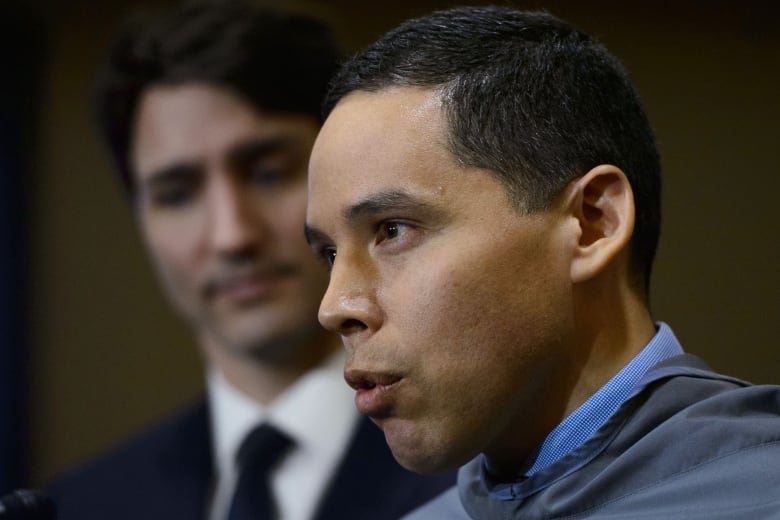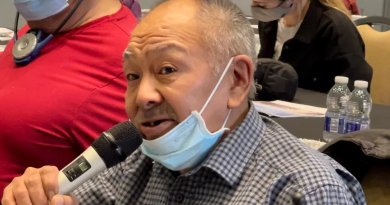Canada’s Nunavut territory to get large slice of $40 million federal harvester support program

A national Inuit organization is pushing for Inuit to get a significant chunk of Ottawa’s promised $40 million for a harvester support program — and Nunavut is poised to get the largest slice.
Inuit Tapiriit Kanatami’s (ITK) board decided last month that of whatever money it gets from the yet-to-be-finalized program, Nunavut Inuit will get 52 per cent of it.
The federal government announced its plans for the harvester support program in its 2018 Fall Economic Statement, as part of improvements to address food insecurity in the North.
Inuit, particularly in Nunavut, have long lobbied for such a program to help offset the high costs of hunting, like for fuel, ammunition and supplies, among other costs.
Other regions will see 25 per cent of the money go to Nunavik (Northern Quebec), 12 per cent to Inuvialuit (northwestern Canada), and 11 per cent to Nunatsiavut (Labrador).
“The Nutrition North program [doesn’t] consider one of the primary ways in which Inuit get healthy food. And that is through hunting and harvesting and going on the land to do that,” ITK president Natan Obed said.

“Different regions have had different programs over time in relation to harvester support, and this grant is a continuation of the advocacy and the push from Inuit to subsidize and to allow for food security to flow through funds allocated toward harvesting activities.”
Though Obed said the program is “still in flux” and talks with Ottawa are still ongoing, he’s hopeful to see the program come to fruition before October’s federal election.
In negotiations with the federal government, ITK has lobbied — just as it has on other files — that a sizeable portion of the $40 million be directed specifically to Inuit.
Obed wouldn’t elaborate on exactly how much ITK is pushing for, but said they’ve pitched a few different formulas. One example he gave was to mirror the funding allocations already in place for Nutrition North.
“There is still an open negotiation and we are still advocating for the largest per cent possible, considering how much Inuit rely on country food and how much money could go toward improving our food security,” Obed said.
“We recognize that there are Nutrition North-eligible communities outside of Inuit Nunangat in the Canadian North, and we recognize that not 100 per cent of the program dollars would flow directly to Inuit.”
Related stories from around the North:
Canada: Food insecurity rising in Canada’s eastern Arctic since launch of federal subsidy program, CBC News
Finland: What a Saami-led project in Arctic Finland can teach us about Indigenous science, Yle News
Russia: Authorities in northwest Russia move to protect wild reindeer, The Independent Barents Observer
Sweden: Hunters push to end Sweden’s ban on bow hunting, Radio Sweden



